
When you uncover hidden truths in your family ancestry stories with DNA testing you may learn how DNA testing can reveal inaccuracies and connect you to your heritage.

I feel it is vital for not only men, but also women, to understand the father-son wound, and to know how to heal it.
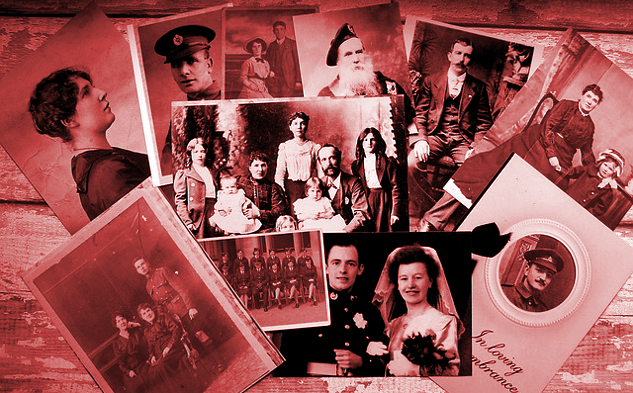
There are many ways to have a family. All are valid, and each one represents a place on the beautiful spectrum of how families exist. Each one is worthy of writing down for the future to look back upon.

When we descend from people who’ve done terrible things, or from people who themselves have been the recipient of some sort of trauma, this energy carries itself down through our physical DNA and the genetic memory of our energetic DNA, even if we’ve never met these ancestors in person.
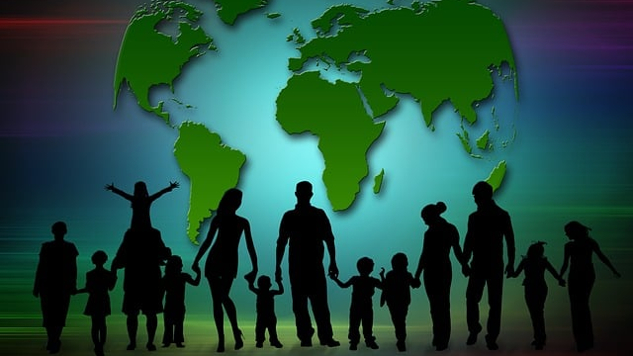
We’re not here, as adoptees, to live someone else’s life. My desire to get to the truth of me and to reignite the light within me has taken me on a transformational journey...
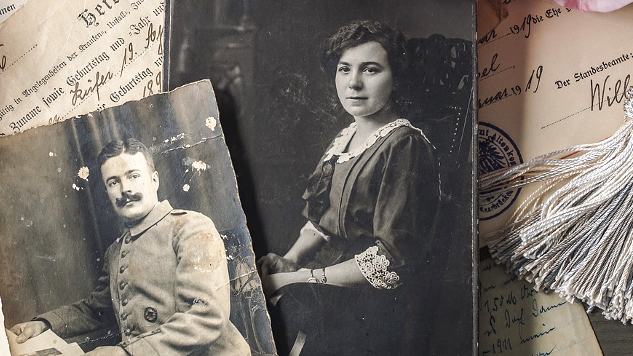
When I was studying for a certificate in counselling, we had to create a ‘genogram.’ This is similar to a family tree, but in addition to recording the names and dates of births, deaths, marriages, etc. of each family member, we were also required to do little biographies on each person.
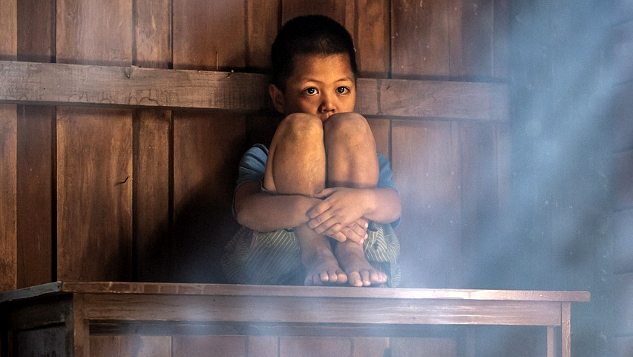
Adoptees are a diverse, yet invisible community. We live in plain sight, but our adopted status is usually unseen by others.
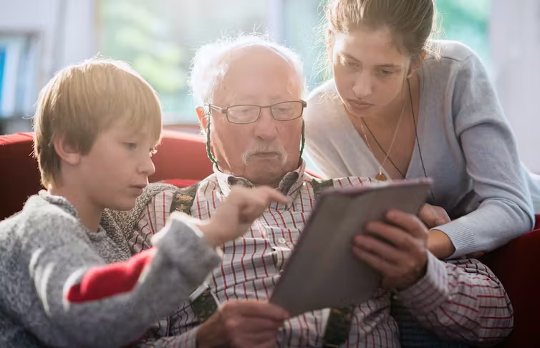
Discover the positive impact of intergenerational connections on mental well-being. Explore how programs like iGen foster meaningful relationships between young and old, bringing happiness and bridging social divides.

Through repetitive patterns, you experience emotions that your ancestors might have experienced. Emotions are the connecting element between two worlds...
- By Yang Hu

Have you heard of “eldest daughter syndrome”? It’s the emotional burden eldest daughters tend to take on (and are encouraged to take on) in many families from a young age.
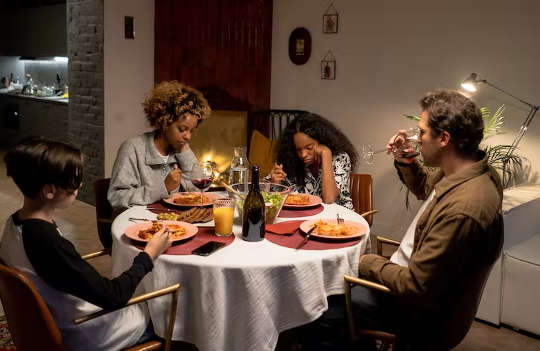
Eating together regularly as a family has long been promoted as a simple solution for improving health and wellbeing.

Do you feel that you are living your life in full bloom? Do you too feel as if there’s a ceiling on life that shows up in different ways?
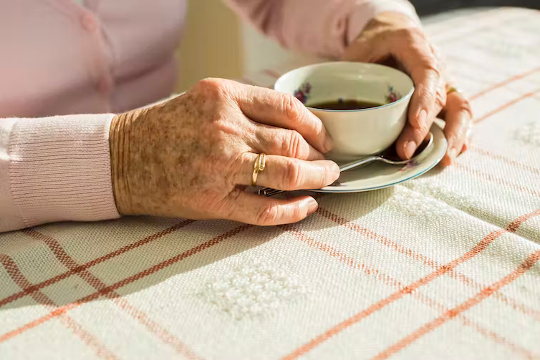
How is it possible to spend so much time with your parents and grandparents and not really know them?
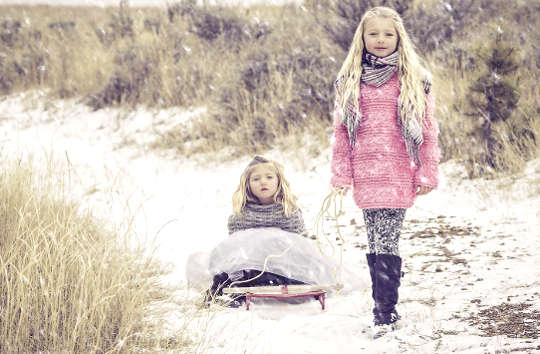
All sibling relationships have their ups and downs, good times and bad. But in a family with abuse, addiction, and mental illness, the relationships are warped by a range of dysfunctional dynamics.

Children raised in homes with abuse, addiction, mental illness, and other traumas typically live in a state of denial. They must continually tell themselves that the terrible things they’re seeing, hearing, and feeling aren’t really happening.

We’re carrying and reacting to a pre-programed template that is not even ours. Life itself throws us enough curveballs daily keeping us busy until we die. The last thing we need is the complication of carrying the unresolved ancestral issues of the past...

Mothering during the pandemic has been covered extensively — from issues of economic hardship, to untenable caregiving responsibilities, acute and ongoing strains on maternal mental health
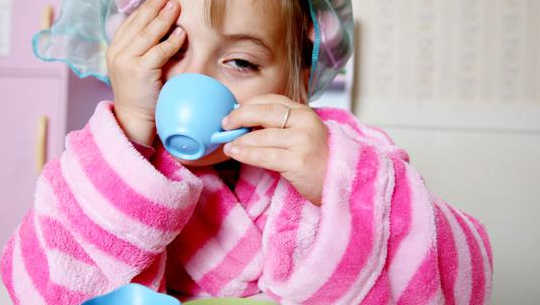
Anyone whose experiences don’t live up to the holiday hype may find this difficult or disappointing, but those feelings may be felt even more acutely among those involved in family rifts

Teens with more secure family relationships get a head start on developing empathy, according to my colleagues’ and my new study tracking adolescents into adulthood.
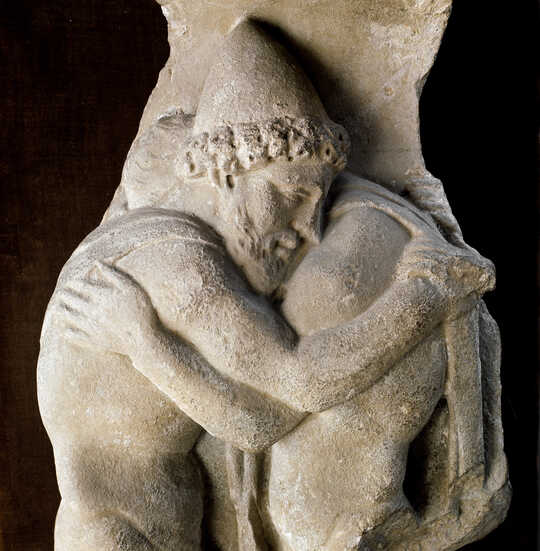
Father’s Day inspires mixed emotions for many of us. Looking at advertisements of happy families could recall difficult memories and broken relationships for some. But for others, the day could invite unbidden nostalgic thoughts of parents who have
- By John Payne

The family blueprint that you inherited was chosen by you because it provided you with opportunities to develop in the areas you had previously selected. Perhaps you wanted to develop the art of forgiveness, understanding, compassion, determination, courage, or any number of...
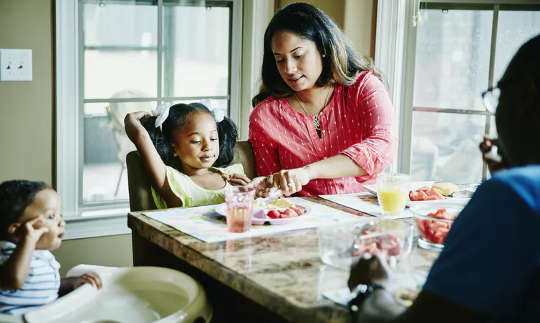
Most parents already know that family mealtimes are great for the bodies, the brains and the mental health of children. But what may come as unexpected news to beleaguered parents is that these same shared meals are also good for adults.
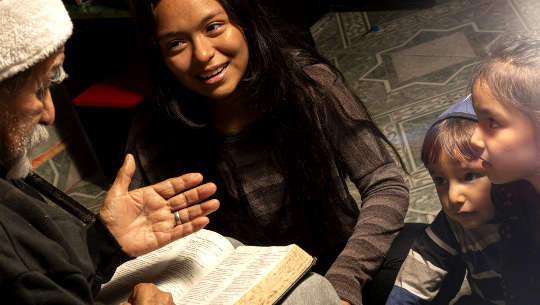
One approach that addresses the challenges families face today comes down to a familiar but often overlooked tradition — sharing stories about older relatives and their experiences.


















